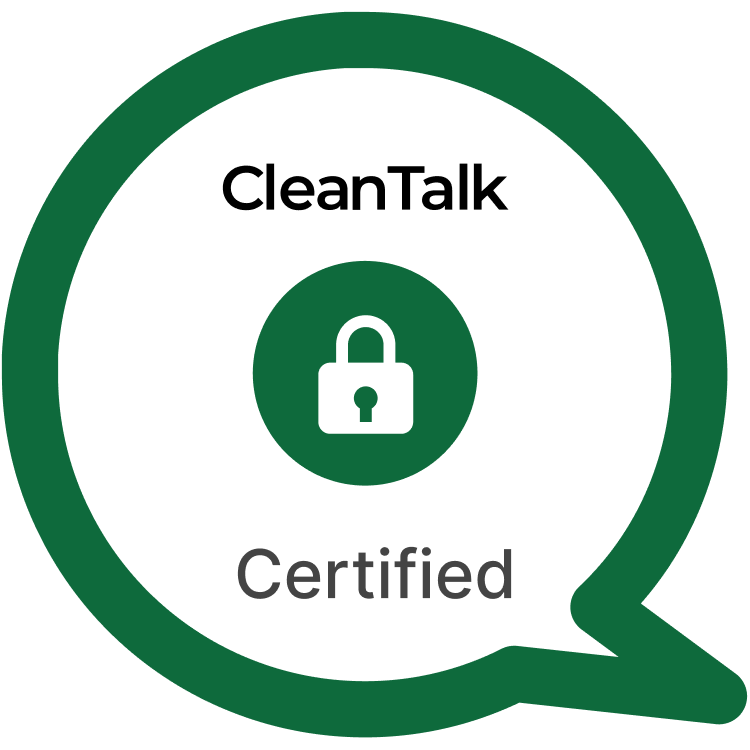Loginizer is a powerful solution for protecting WordPress websites against brute force attacks and other security threats. Actively used on more than 1 million websites, Loginizer offers a wide range of features to enhance login security and safeguard the admin panel and user accounts.
| Name of | Loginizer |
| Version | 2.0.3 |
| Downloads | 1 000 000+ |
| Description | A reliable plugin for securing WordPress sites, preventing brute force attacks, and offering advanced security features. |
| Security | Successfully tested for SQL Injections, XSS Attacks, CSRF Attacks, Authentication Vulnerabilities, Authentication Bypass Vulnerabilities, Privilege Escalation Vulnerabilities, Buffer Overflow Vulnerabilities, Denial-of-Service (DoS) Vulnerabilities, Data Leakage Vulnerabilities, Insecure Dependencies, Code Execution Vulnerabilities, Privilege Escalation Vulnerabilities, File Unauthorized Access Vulnerabilities, Insufficient Injection Protection, and Information Leakage Vulnerabilities. |
| CleanTalk Certification | Proudly earned the “Plugin Security Certification” (PSC) from CleanTalk, indicating adherence to stringent security standards. |
| Additional Information | Users can confidently manage age restrictions with the assurance of the “Plugin Security Certification” (PSC). Verify the latest details on the plugin developer’s website. |
| Plugin Security Certification by CleanTalk |  |
| Logo of the plugin |  |
PSC by CleantalkJoin the community of developers who prioritize security. Highlight your plugin in the WordPress catalog.
Key Features
Loginizer stands out for its robust implementation of security features aimed at minimizing risks. Key security aspects include:
- Brute Force Protection
The plugin blocks the attacker’s IP address for 15 minutes (configurable) after exceeding the maximum number of allowed login attempts. This prevents mass password-guessing attempts, significantly reducing the risk of account compromise. - IP Whitelisting and Blacklisting
Administrators can manually add IP addresses to whitelist or blacklist. This ensures only verified users can gain access, while potentially harmful sources are blocked. - Two-Factor Authentication (2FA)
The plugin supports 2FA via email or apps (e.g., Google Authenticator). This adds an extra layer of protection, making login impossible with just a password. - Concurrent Login Limit
The plugin allows setting a limit on simultaneous logins from different devices, preventing a single account from being used by multiple individuals. - XML-RPC Disable Option
The plugin provides the option to disable XML-RPC, which is often exploited by attackers for brute force attacks. For those requiring XML-RPC, the plugin allows renaming it to a unique identifier. - MD5 Checksums
By verifying the integrity of core WordPress files using MD5 checksums, the plugin helps detect unauthorized changes that could be the result of malicious activity. - Failed Login Logs
The plugin logs all login attempts, helping administrators identify and mitigate potential attacks.
Security Assurance
Loginizer developers are actively updating and strict data verification mechanisms make Loginizer one of the most reliable solutions to protect against threats.
Recommendations for Secure Usage
- Keep the Plugin Updated
Always use the latest version of the plugin to benefit from security patches and new features. - Enable Two-Factor Authentication
Activate 2FA for all administrator accounts. - Monitor Login Logs
Regularly check logs of failed login attempts to identify suspicious activities. - Hide Default URLs
Customize login and admin panel URLs to reduce the likelihood of automated attacks.
Conclusion
Loginizer provides robust tools to secure WordPress websites. With its advanced features, you can significantly reduce the risk of attacks such as brute force attempts and account compromises. The plugin’s PSC-2024-64548 certification further underscores its reliability and compliance with high-security standards.
Note: The date and certification information may change over time. It is advisable to verify the latest details on the plugin developer’s website.